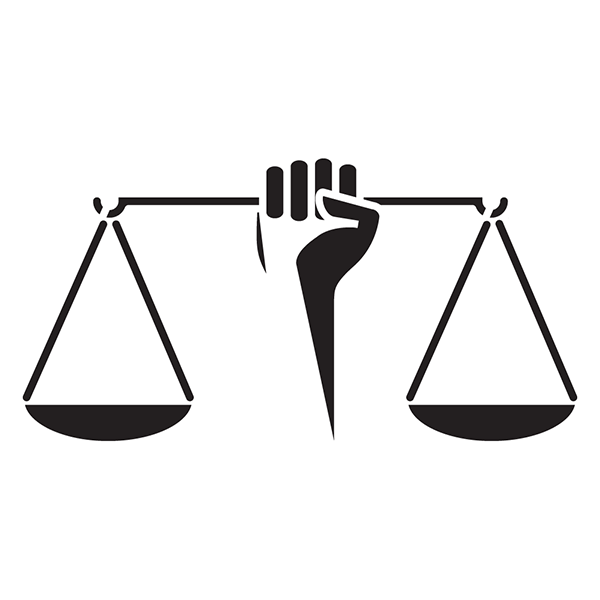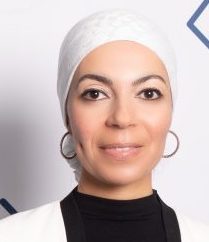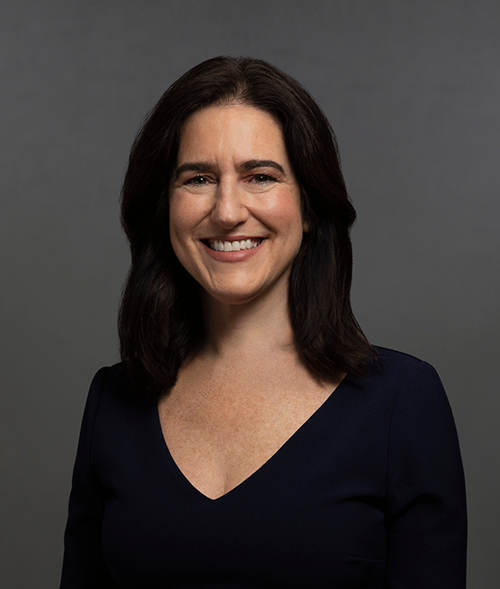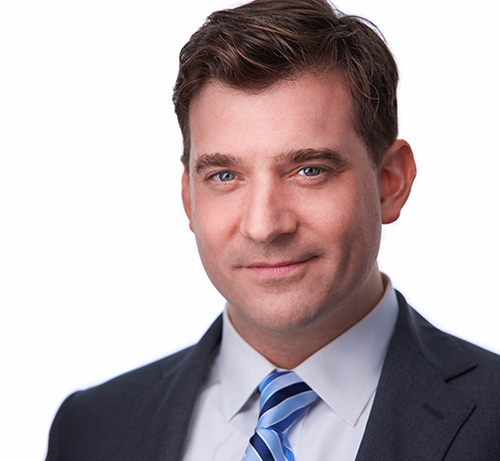Conference addresses racial equity and social justice issues for second year

Image from Shutterstock.
As a leader with the ABA Section of Civil Rights and Social Justice, Engy Abdelkader has worked for several years to design and implement programming that raises awareness of racial equity and social justice issues.
Last year, in the months ahead of the U.S. presidential election, she realized it was also important to convene individuals from diverse disciplines and communities to discuss solutions to problems that are especially pernicious to racial and ethnic minority groups.
Abdelkader helped create a Social Justice Policy Summit, a free two-day conference that was held in December 2020 and will return on Dec. 8 and 9. Hosted by the Section of Civil Rights and Social Justice’s Rights of Immigrants Committee and the Coalition on Racial and Ethnic Justice, it will explore interpersonal, structural and institutionalized discrimination and how to achieve necessary reforms in the new administration.
“This is the second time we’ll be doing it, and the common theme is that it focuses on these cutting-edge legal issues that have a racial and ethnic justice tinge,” says Abdelkader, a visiting assistant professor at Mitchell Hamline School of Law in St. Paul, Minnesota. “We brought together some of the foremost subject matter experts in each of these respective areas who can help innovate practical, community-driven policy solutions.”
 Engy Abdelkader.
Engy Abdelkader.Abdelkader, who serves as a member of both the Section of Civil Rights and Social Justice Council and the Coalition on Racial and Ethnic Justice, will moderate all five programs at this year’s policy summit.
On Dec. 8, the “Legislative Backlash: Anti-Protest Bills, Voter Suppression Laws and Critical Race Theory” panel will examine numerous bills legislators have introduced in response to recent Black Lives Matter demonstrations and Democratic victories. It will also review proposals to restrict education on racism.
Wendy Weiser, the vice president of the Democracy Program at the Brennan Center for Justice at New York University School of Law, will join the panel to speak about voting rights issues. She and her colleagues have been tracking efforts to restrict voting access for the past decade, and Weiser says one-third of laws that make it harder for people of color to participate in elections were passed in 2021 alone.
Weiser will discuss gerrymandering and other threats to voting access as well as potential solutions to these problems. She says this includes the Freedom to Vote Act, a comprehensive bill introduced in the U.S. Senate in September that aims to strengthen voting rights and overhaul the election system.
 Wendy Weiser. Photo courtesy of the Brennan Center for Justice.
Wendy Weiser. Photo courtesy of the Brennan Center for Justice.“This is so fundamental to not just the health of our democracy and our country, but to who we are as a nation,” Weiser says. “In that way, this is an important thing for all of us to engage in, but I do think lawyers have a special responsibility here to safeguard not just the Constitution but also the rule of law.
“These threats to voting rights, these threats of election sabotage are also threats to the rule of law, to basic principles of fairness and fair ground rules that we can rely on and that are respected.”
The other programs on the first day of the conference will be “Ensuring Accountability: Are Corporations Funding Insurrections or Just Bad Political Candidates?” a panel exploring whether corporate giving to political candidates undermines democracy; and “Must All Terrorists Be Black and Brown? Let’s Discuss White Supremacy and National Security,” a panel addressing why Black and brown communities are often connected to terrorism and how to combat the phenomenon.
The first program on Dec. 9 will be “Policy Update: Where Are We on Immigration?” a roundtable in which panelists will discuss recent developments in immigration and what else needs to happen in the coming years.
The policy summit’s final program, “Guantanamo Bay, Torture and Drones: Are We Countering Violent Extremism … or Fueling It?” will address the debate around the efficacy of U.S. counterterrorism efforts. One of the panelists, Michel Paradis, a senior attorney with the U.S. Department of Defense’s Military Commissions Defense Organization, will share his experience representing detainees held in Guantanamo Bay, Cuba.
He contends that the trauma the nation experienced after the Sept. 11 attacks remains unresolved two decades later, largely because of widespread government-sanctioned use of torture in its detention facilities, including Guantanamo Bay.
 Michel Paradis. Photo by Lawrence Hurley.
Michel Paradis. Photo by Lawrence Hurley.“It’s incredibly important that we never take for granted this shift that Sept. 11 and the global war on terrorism have caused, and that people pay attention to the effect that continues to have,” says Paradis, who is also a lecturer in law at Columbia Law School. “We need to figure out a way in which the country can regain a sense of its moral standing in the world and learn from its mistakes, as many other countries have had to do over the centuries.
“Until we have a reckoning about the legacy of torture and everything that still persists in Guantanamo, I don’t think we’ll be able to have that recalibration of the country.”
The policy summit’s co-sponsors include several ABA entities, including the Center for Human Rights and Center for Public Interest Law, as well as the African American Policy Forum.
Registration information and additional details can be found on the Social Justice Policy Summit website.
See also:
ABAJournal.com: “Conference brings together panelists to discuss ensuring a better tomorrow for all”



